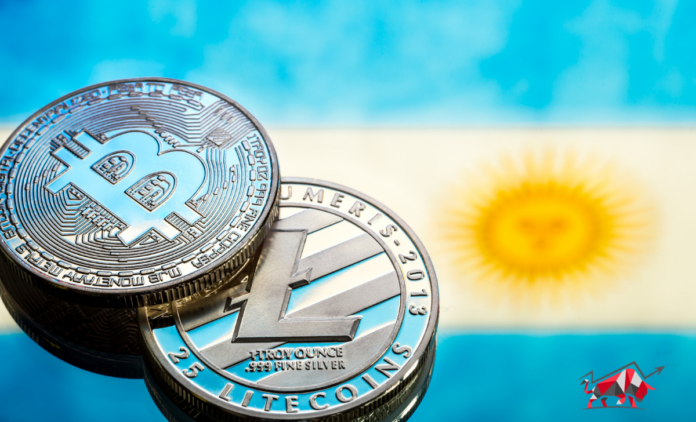Cryptocurrency adoption in Argentina has set new records as the country faces a staggering 276% annual inflation rate. According to analysts from Forbes, Argentina leads the Western hemisphere in crypto adoption.
Forbes reported on July 8 that Argentina has a higher share of its population using cryptocurrency than any other country in the Western hemisphere. Out of 130 million visitors to 55 of the largest crypto exchanges worldwide, 2.5 million came from Argentina, based on data from Similarweb.
Argentina is a Top Market for Binance
Argentina also ranks as the top market for Binance, one of the world’s largest crypto exchanges, in terms of visitor numbers. SimilarWeb data shows that traffic from Argentina accounts for 6.9% of Binance’s total visits.
Preference for Stablecoins
Unlike the global trend towards memecoins, Argentinians prefer stablecoins like Tether (USDT). Maximiliano Hinz, Bitget’s head of Latin America, noted that Argentinians mainly buy USDT and do little else with their holdings.
“Argentina is an unusual market where many people buy USDT and don’t leave room for much else,” Hinz said. “We don’t see this elsewhere. Argentines buy spot Tether and don’t do anything with it.”
Stablecoins like USDT are cryptocurrencies designed to maintain a stable value by pegging to a reserve of US dollars at a 1:1 ratio. With Argentina’s high inflation rates, holding money in USDT makes sense despite the country’s lack of significant measures to protect stablecoin investors.
Regulatory Challenges in Argentina
Despite Argentina’s friendly stance on cryptocurrencies, the country struggles to create a regulatory framework. In late 2023, after President Javier Milei took office, Argentina endorsed using Bitcoin in legally binding contracts. In April 2024, Argentina passed registration requirements for crypto firms.
However, Forbes reports that none of Argentina’s top crypto exchanges, including Binance, have registered with the national securities regulator, Comisión Nacional de Valores (CNV).
Argentina continues to face challenges in providing regulated cryptocurrency services to its population, even as crypto adoption grows rapidly.


